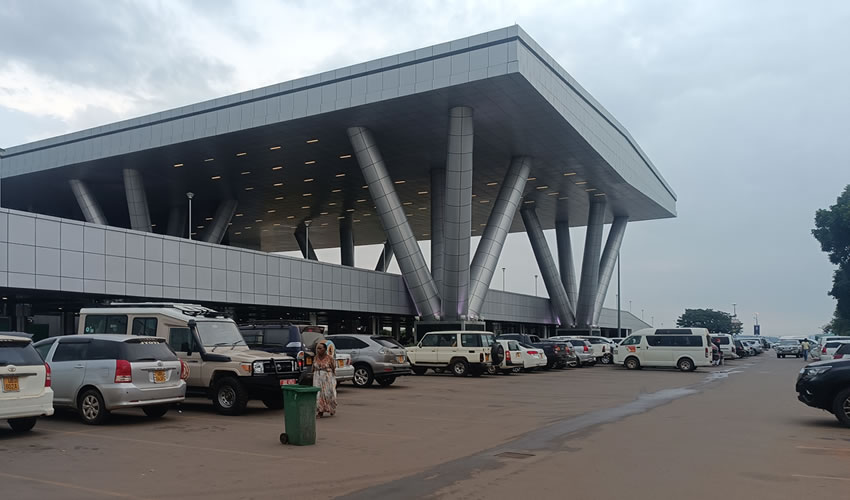By Fiona Luboga
In May 2024, Uganda is set to embark on a historic journey with its first-ever digital census. Spearheaded by the Uganda Bureau of Statistics (UBOS), this leap ahead marks a significant step forward in the country's quest for progress and development. This will change the way demographic information is gathered, analyzed, and utilized for policymaking and planning.
UBOS is in the advanced preparatory stages of conducting the National Population and Housing Census for 10 days, beginning on May 10th and ending on May 19th, 2024. 10th May has been gazetted as a Public Holiday. Census Night will be on 09th May 2024, which is the reference date for the entire census enumeration period.
Uganda will join other African countries in conducting a digital census by using Computer Assisted Personal Interview (CAPI) Tablets and a Global Positioning System (GPS) to capture all the relevant information. The migration from door-to-door surveys, paper forms, and manual data entry—a laborious and time-consuming process will enable more efficient enumeration and analysis. This shift not only reduces administrative burdens but also enhances the accuracy, and efficiency of data collected and shortens the period of dissemination of results.
The benefits of a digital census extend beyond data collection to data management and analysis. It also facilitates the organization, storage, and retrieval of vast quantities of data, empowering policymakers and researchers to extract valuable insights and trends quickly. This means they can access timely and accurate demographic information to address pressing social, economic, and development challenges as well as targeted resource allocation.
By taking the route of a digital census, the country demonstrates its commitment to connecting the power of information and communication technology (ICT) to drive socio-economic development. It also presents Uganda with an opportunity to align with its wider objectives for digital transformation and innovation.
The success of Uganda’s 2024 digital census will serve as an example of inspiration for other countries in the region and beyond that haven't embraced a digital census, reaffirming the power of technology to drive positive change and all-encompassing growth.
In conclusion, Uganda's first digital census represents a significant milestone in the country's journey towards digital transformation. By embracing technology to modernize its data collection methods, Uganda is laying the foundation for a more resilient, responsive, and data-driven society. As the nation prepares to embark on this historic endeavor, let us seize the opportunity to harness the full potential of digitalization to build a brighter future for all Ugandans.
CENSUS 2024 - “It Matters to be Counted”
The writer is a Communication Officer at the Ministry of ICT and National Guidance.








Comments